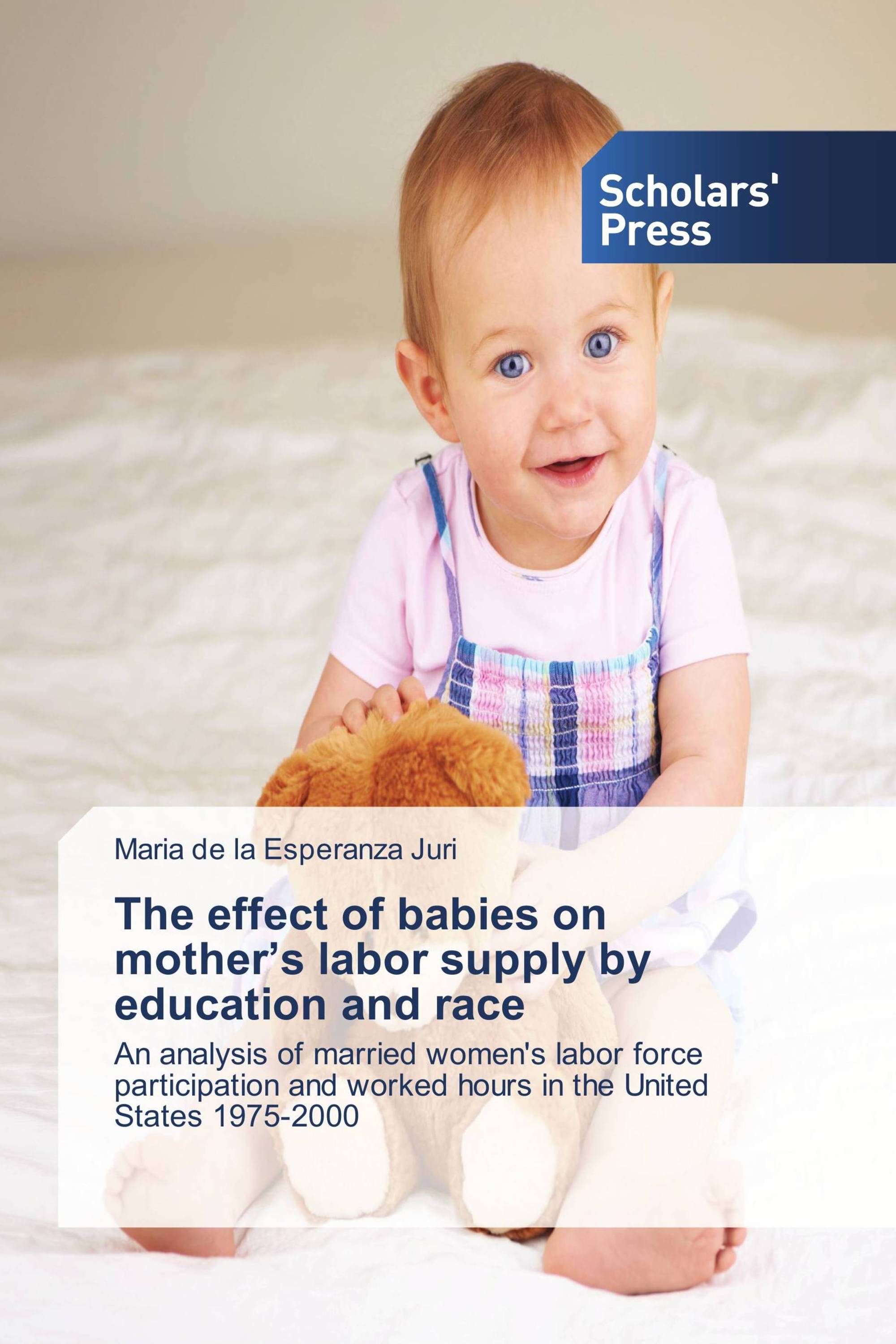The effect of babies on mother’s labor supply by education and race
An analysis of married women's labor force participation and worked hours in the United States 1975-2000
International Research Press ( 18.12.2013 )
€ 44,90
This book looks at how mother's education and race are important determinants of the size, pattern, and even the sign of the effect of young children on their mother's labor supply. Children less than three years old are one of the most important causes of interruptions and changes in women's labor supply. It extends over the USA over the last quarter of the 20th century, a period of time when the labor force participation of mothers with babies shows a higher growth rate than that of women with older children or without children. This study estimates different static labor supply models using the biggest annual survey conducted by the Bureau of the Census and analyzes the decision to work at the extensive and intensive margins as well as the distribution of hours of work. Although highly educated women have the highest labor force participation rate, and the highest number of worked hours when they have babies, they are the most affected by young children showing the greatest degree of flexibility to adjust the number of hours of work. The differences between black and white women are notorious both in the degree and sign of the response to the presence of babies and in the trend.
Détails du livre: |
|
|
ISBN-13: |
978-3-639-70482-2 |
|
ISBN-10: |
3639704827 |
|
EAN: |
9783639704822 |
|
Langue du Livre: |
English |
|
de (auteur) : |
Maria de la Esperanza Juri |
|
Nombre de pages: |
148 |
|
Publié le: |
18.12.2013 |
|
Catégorie: |
Économie |



